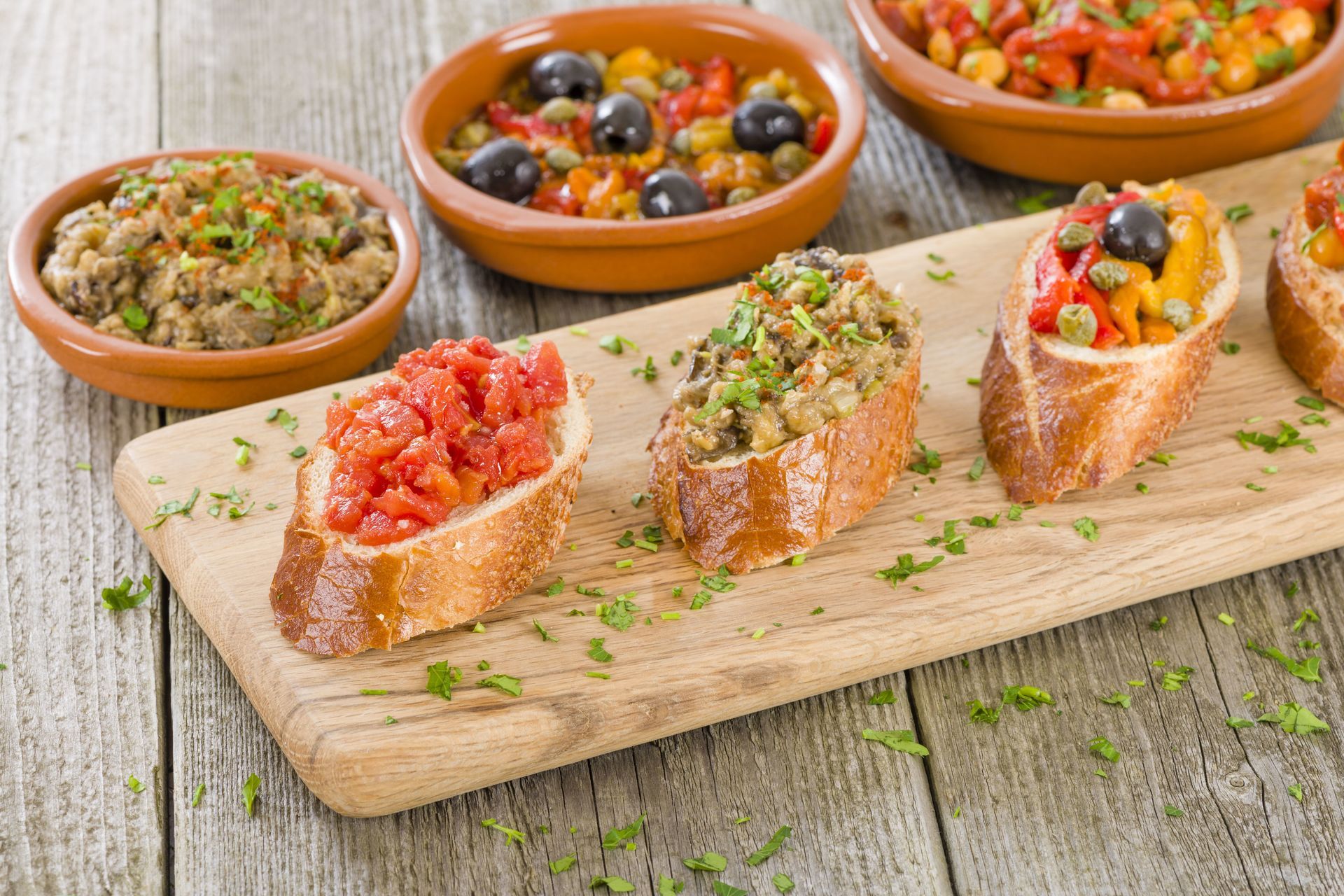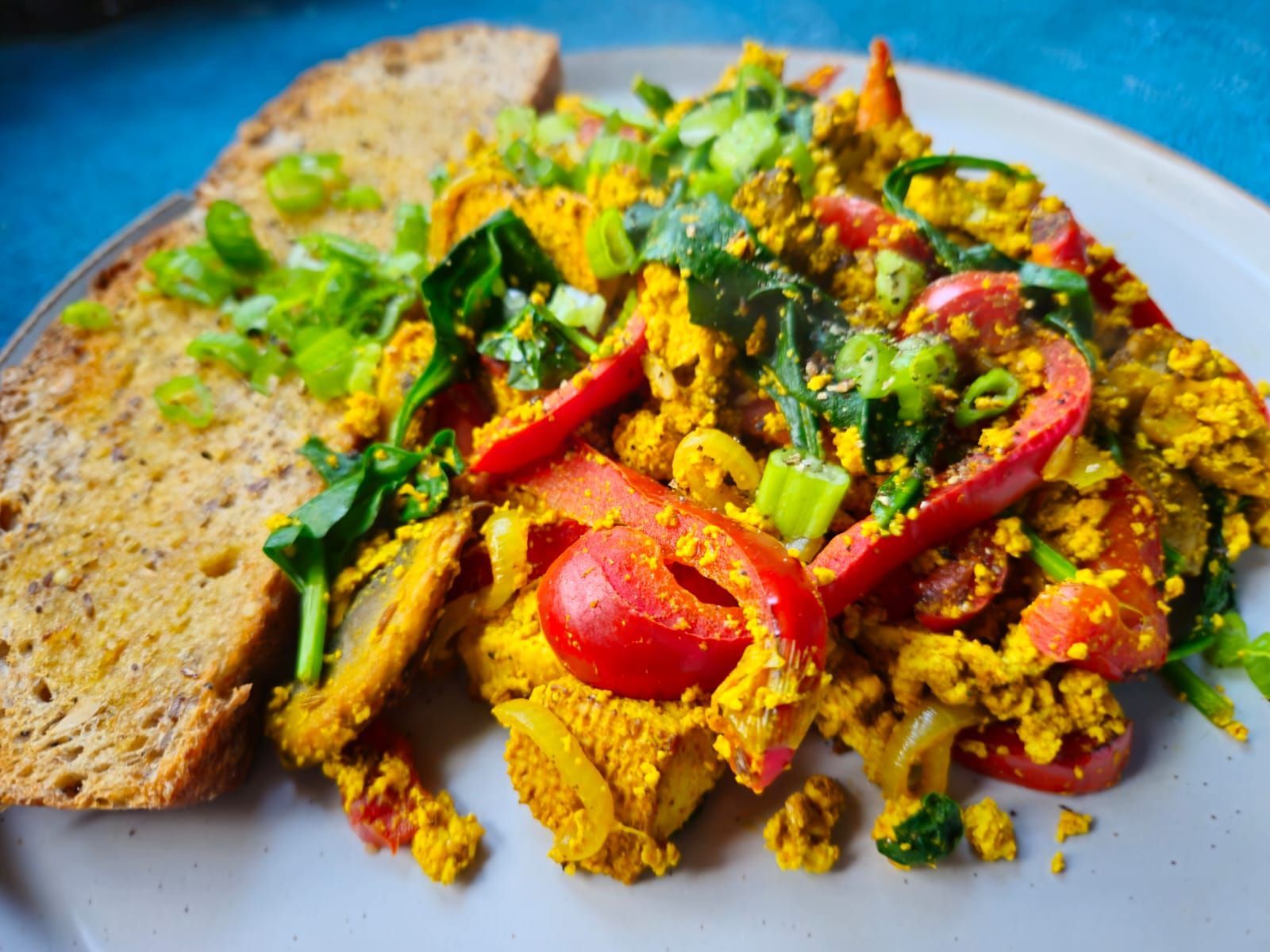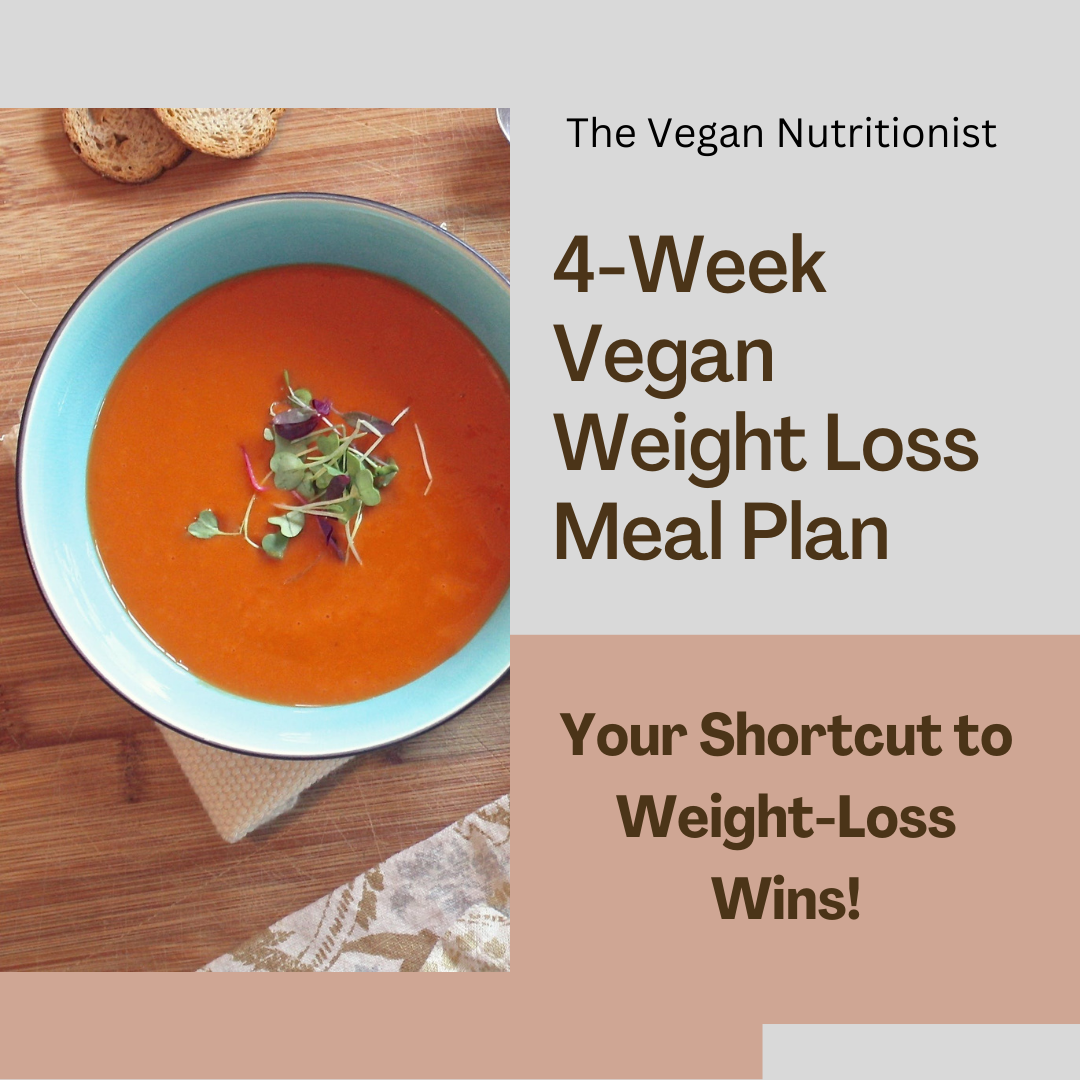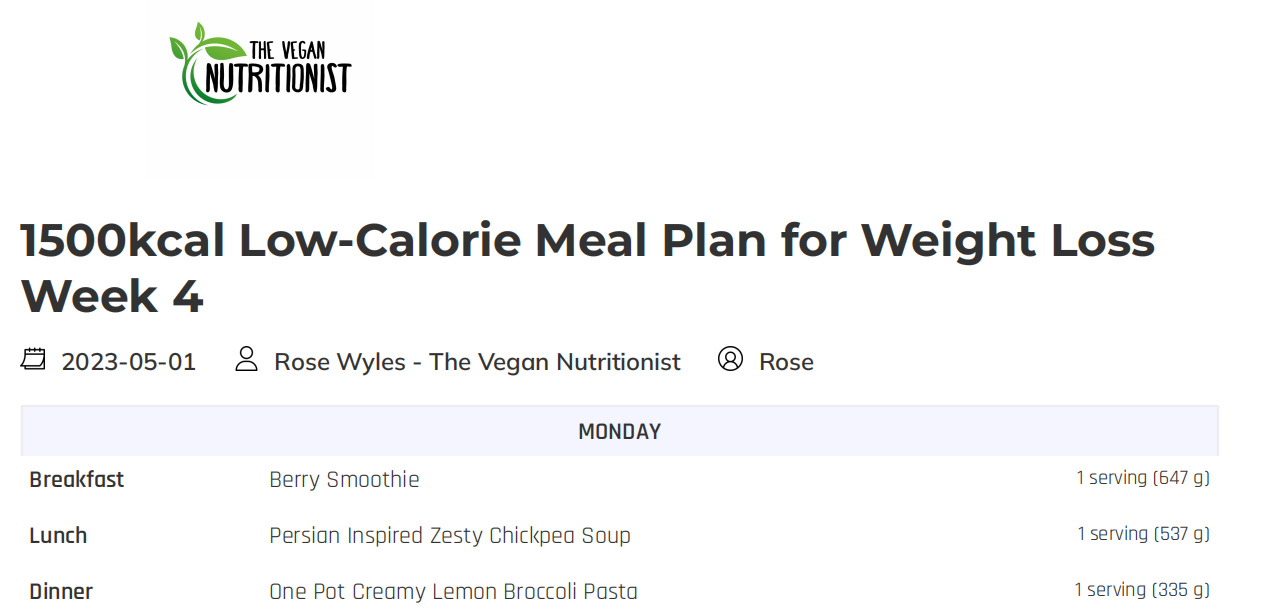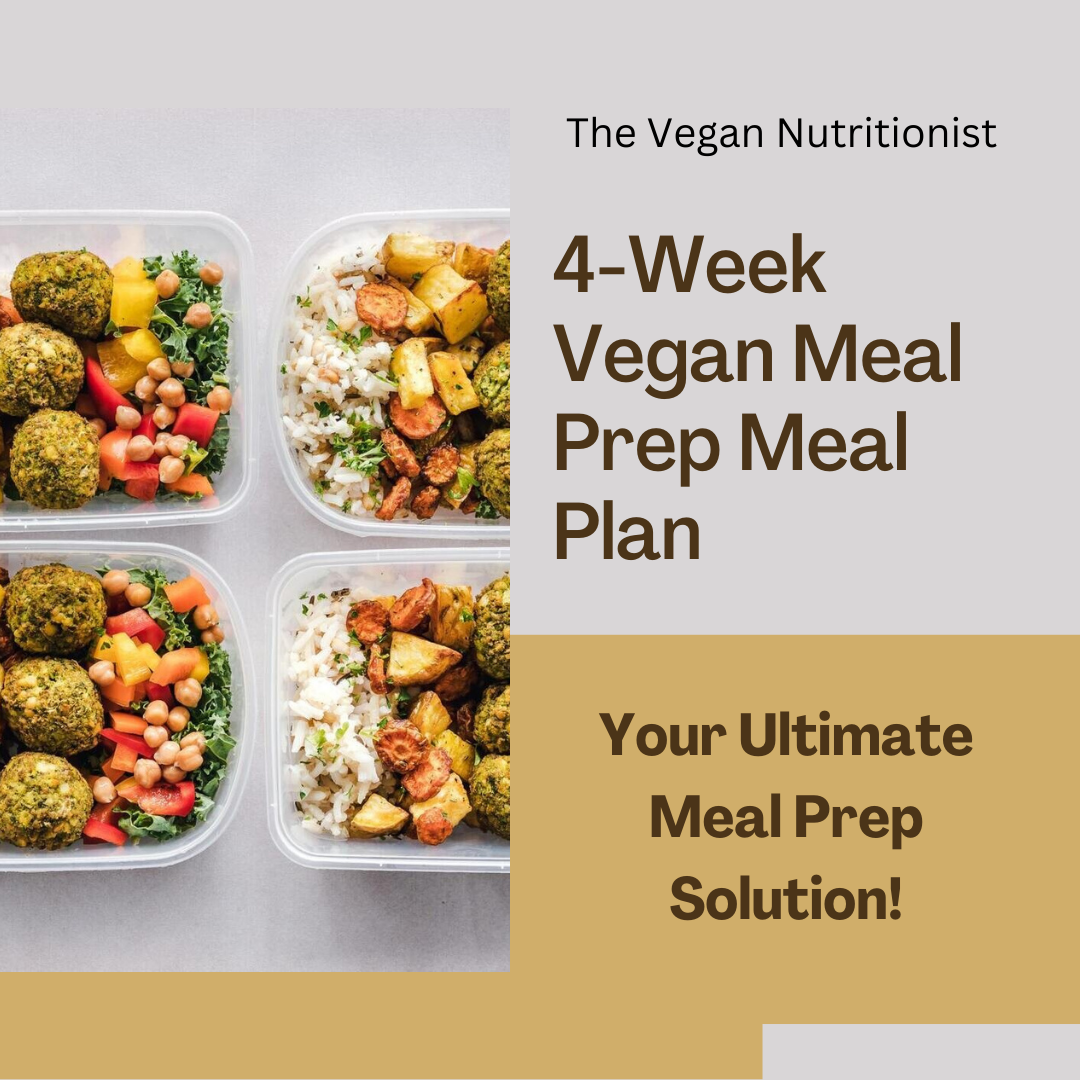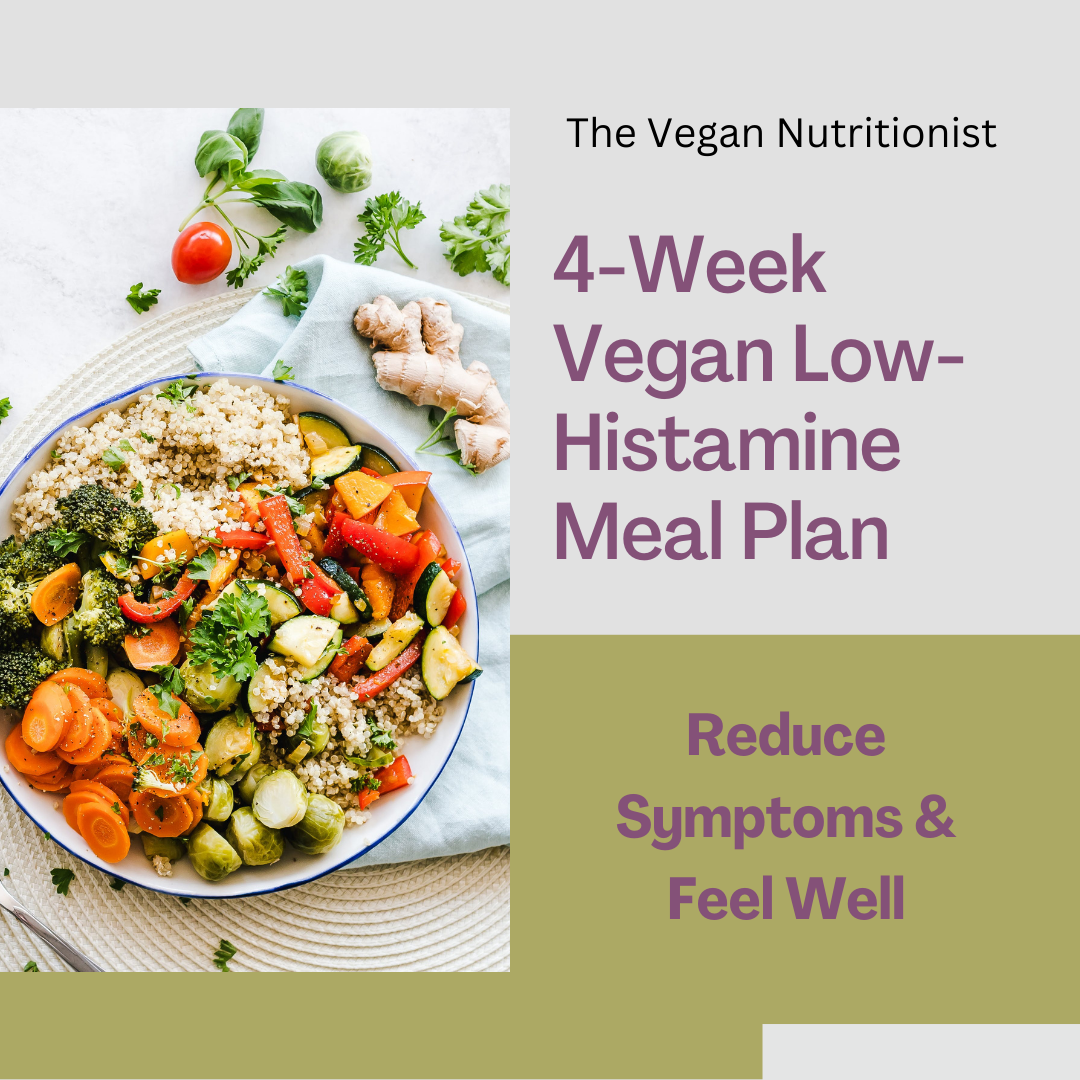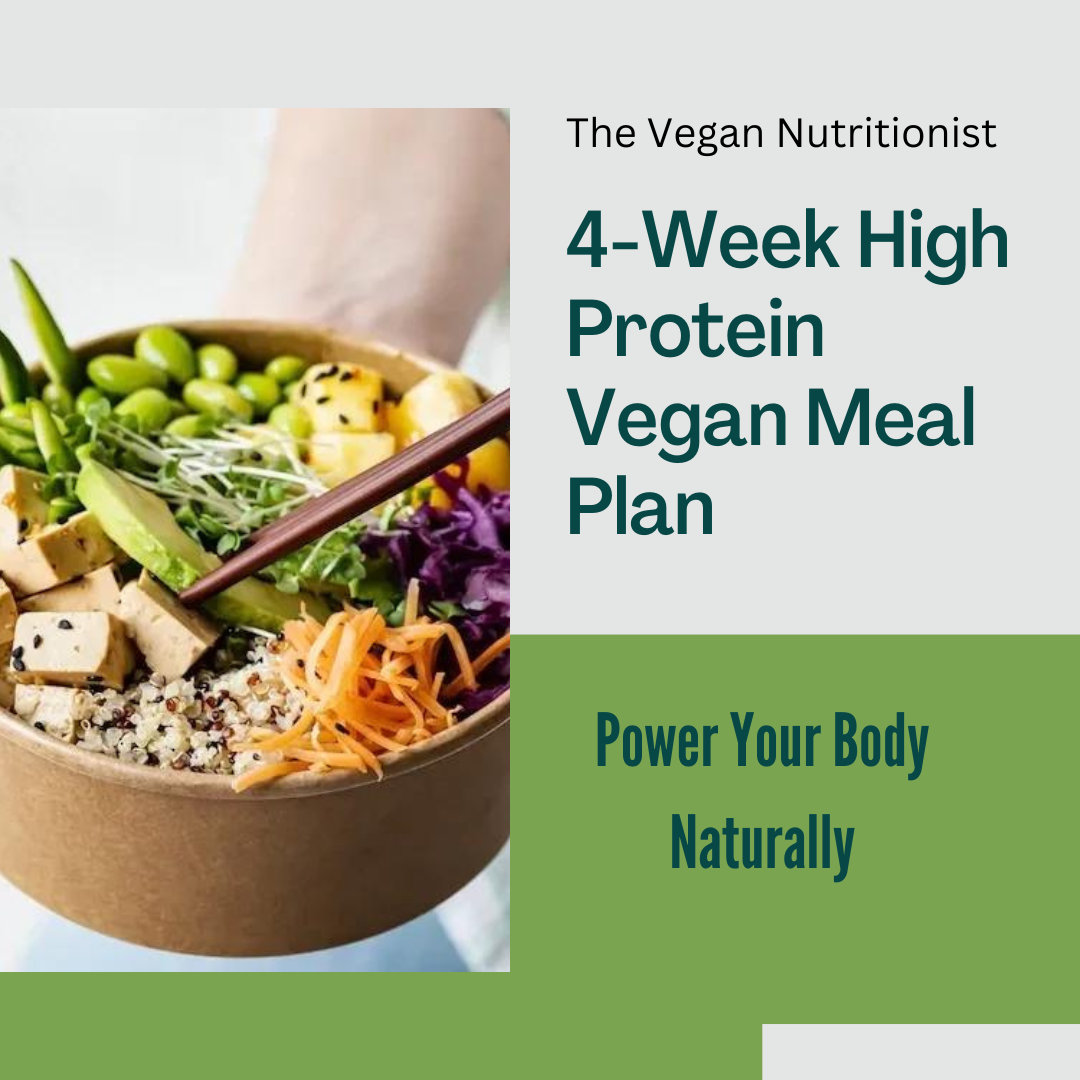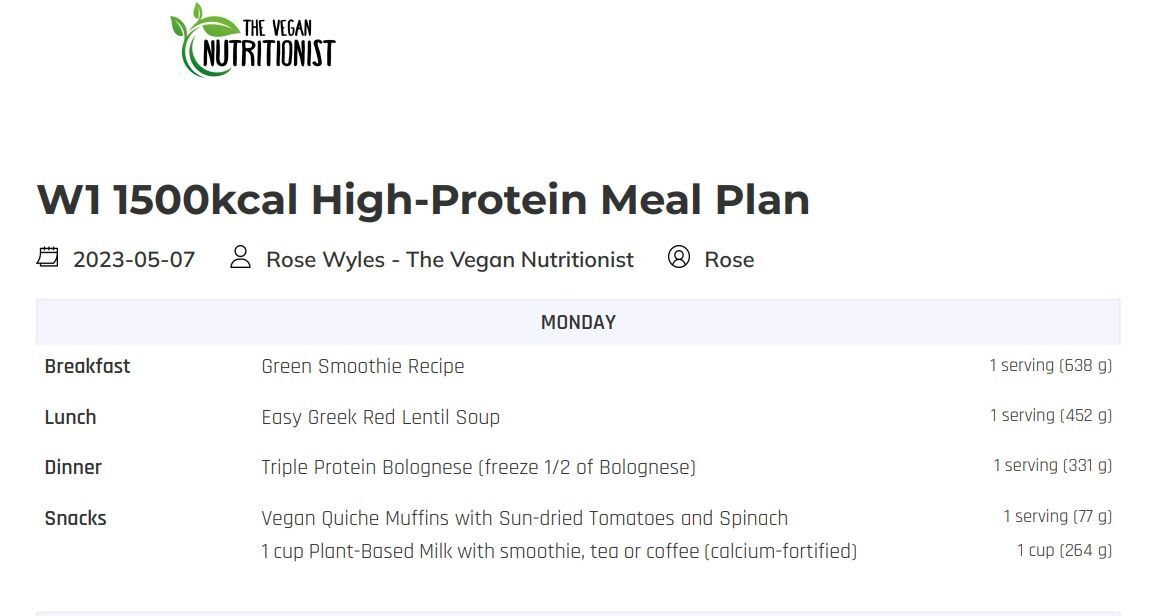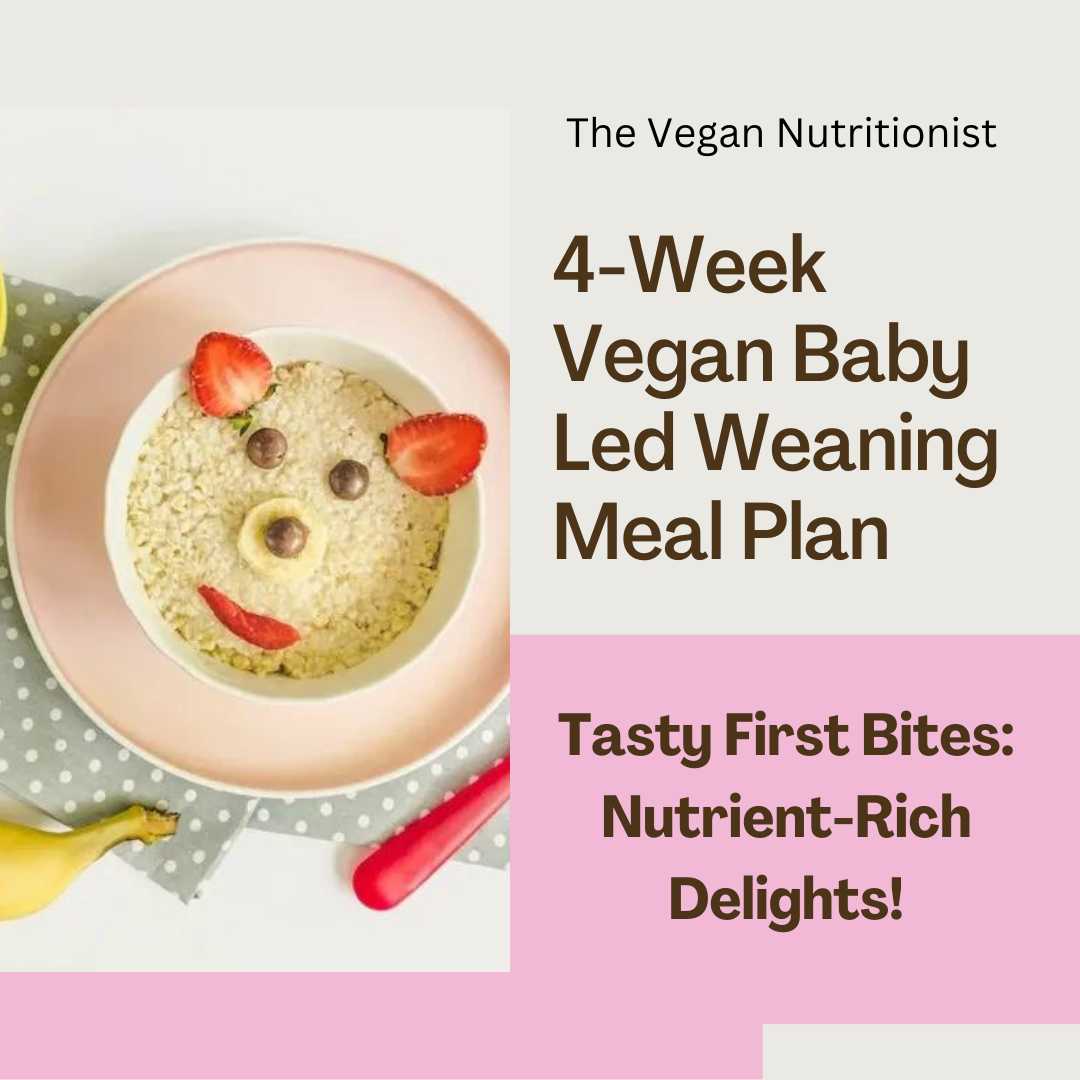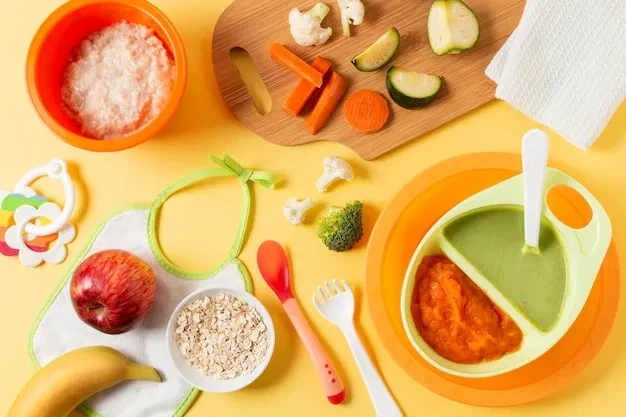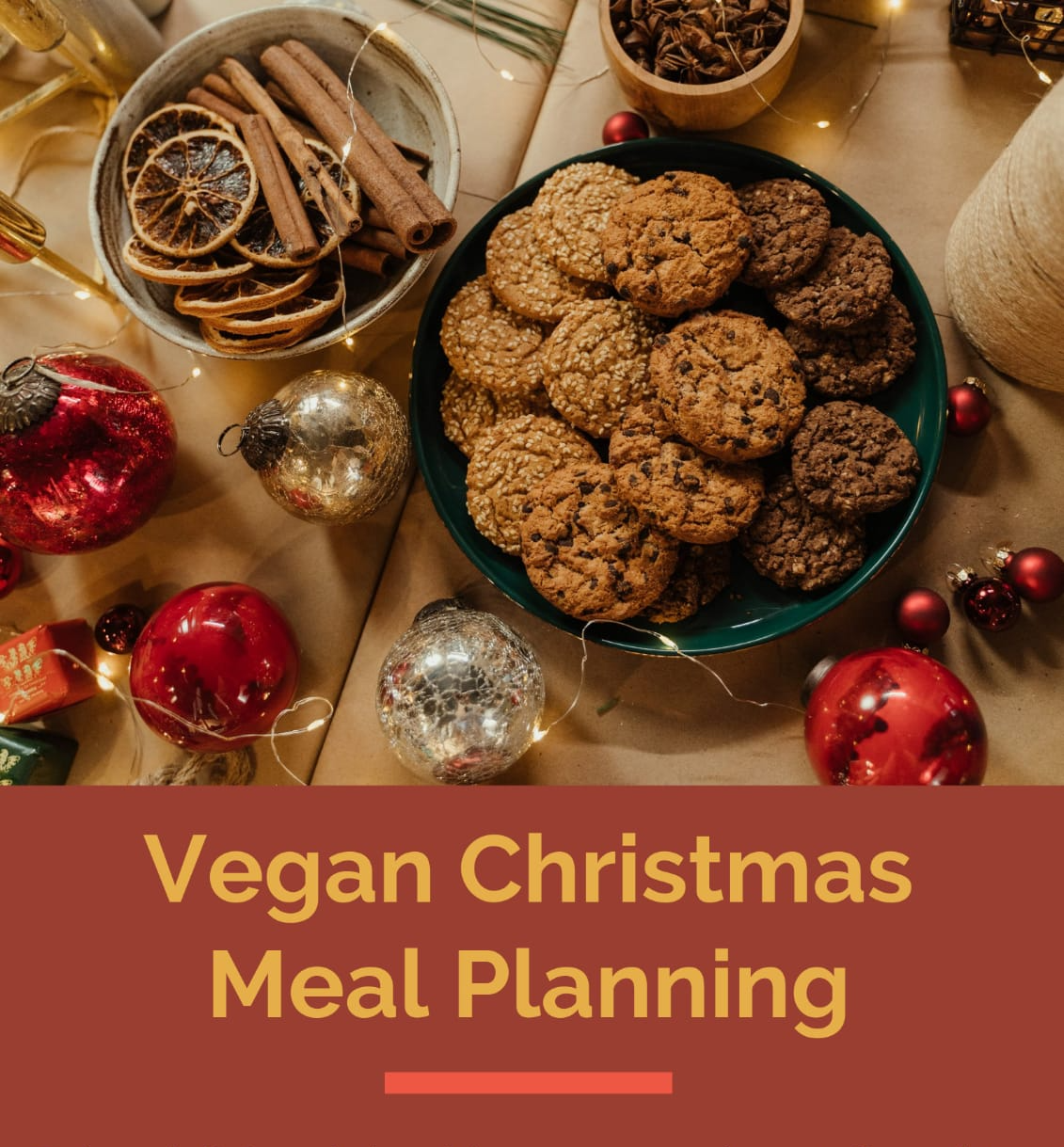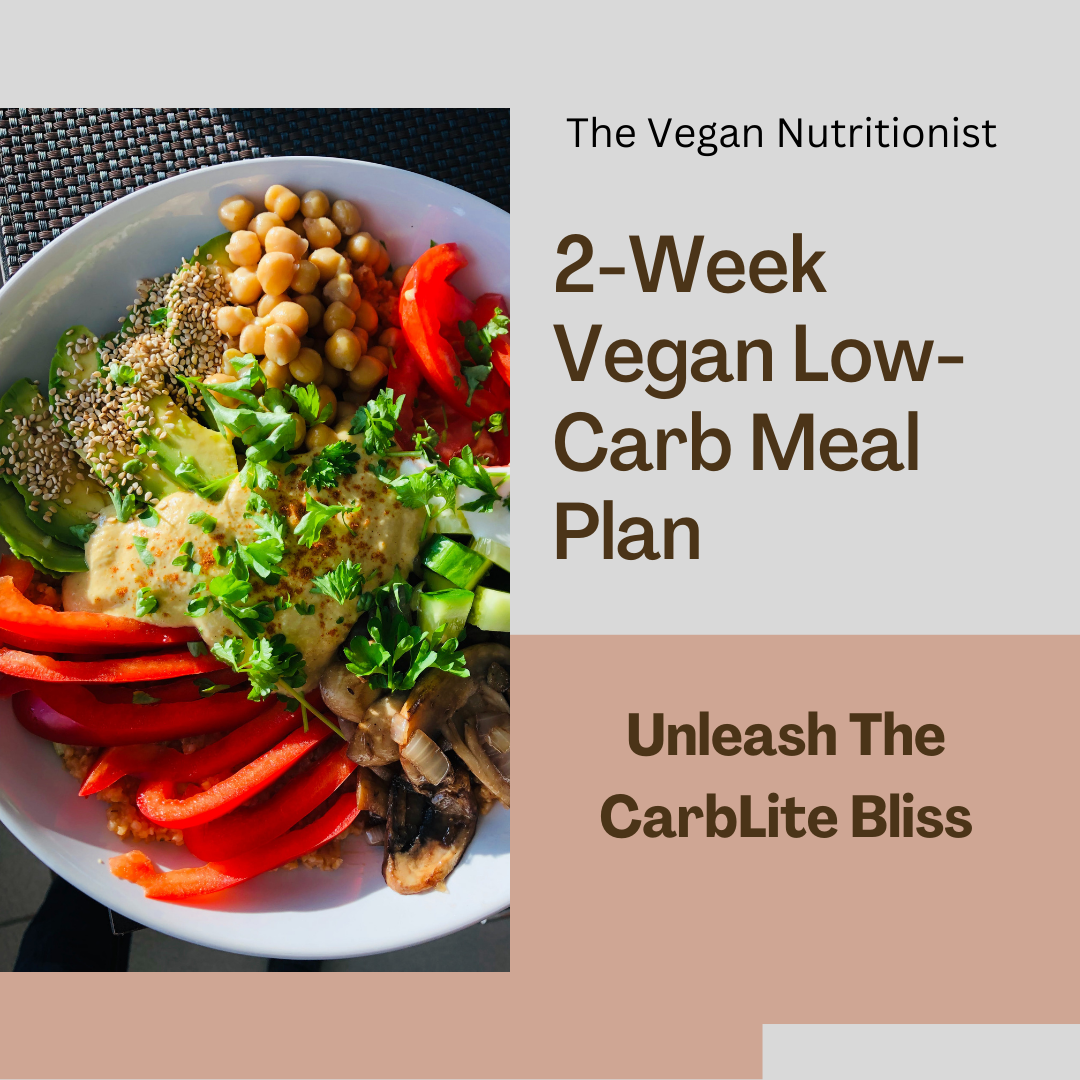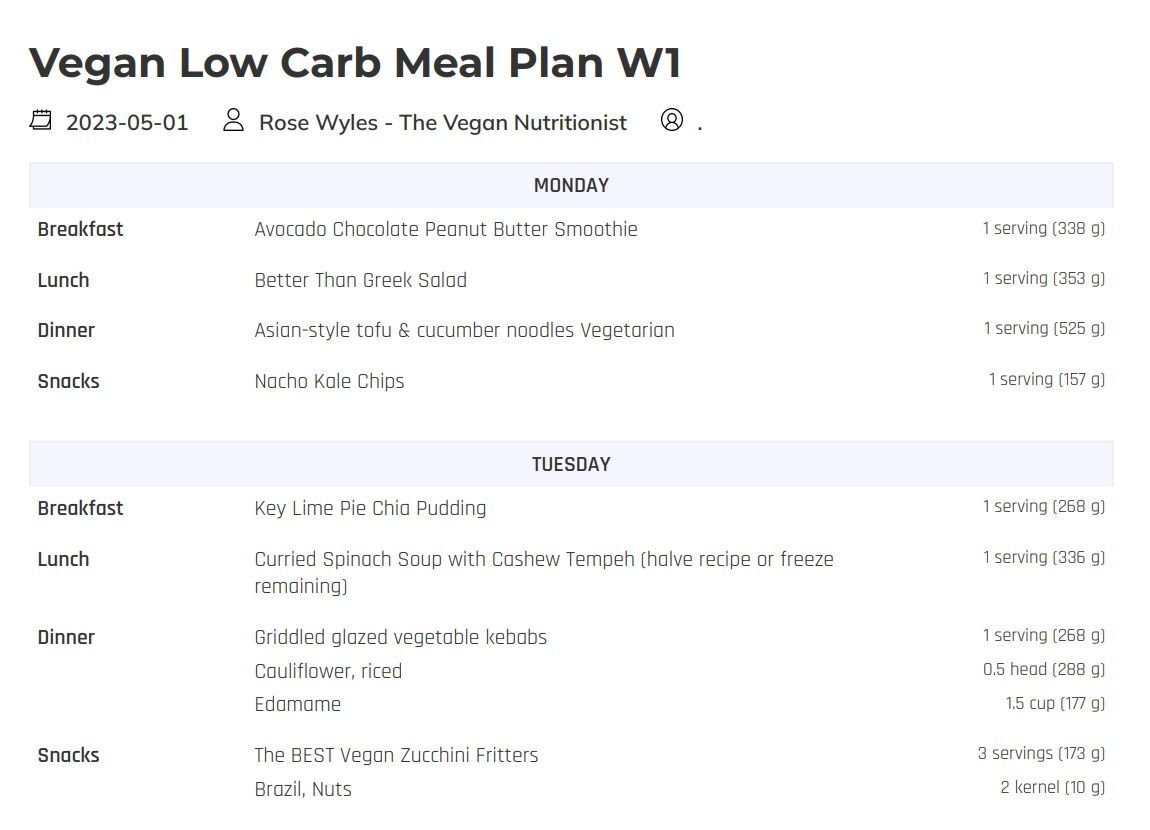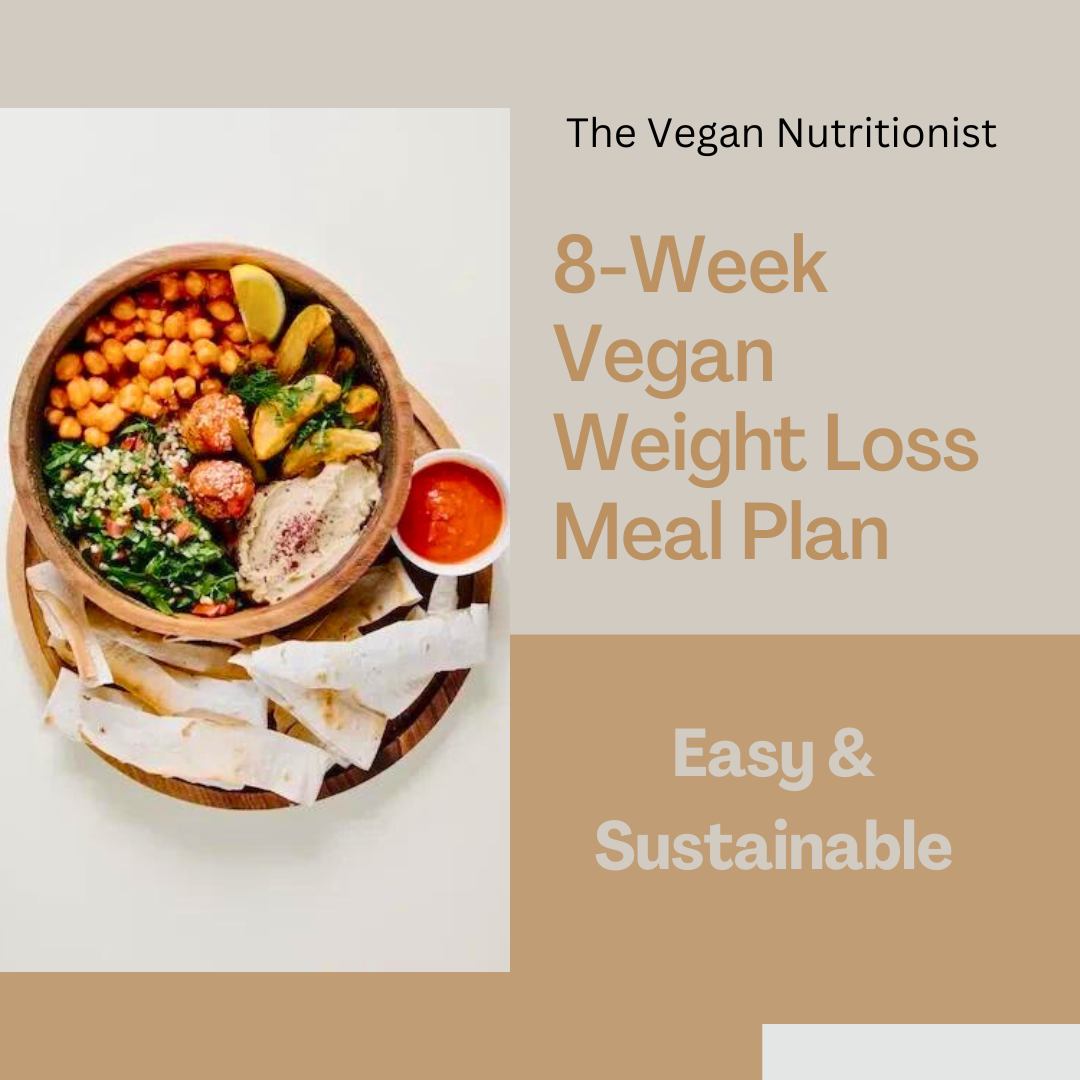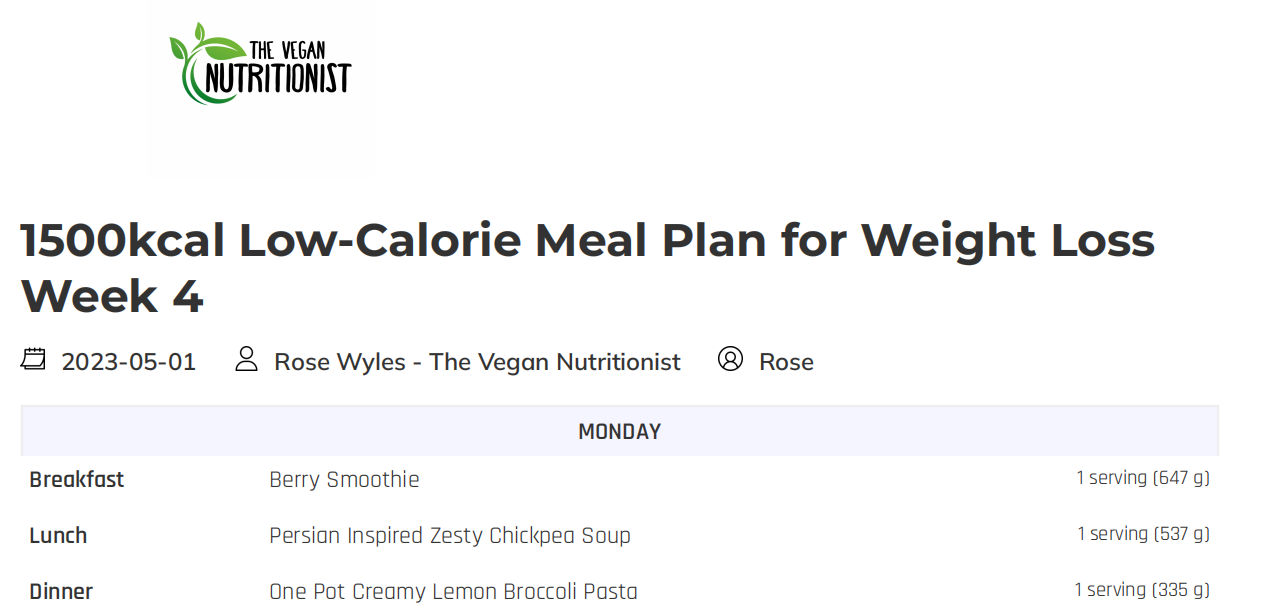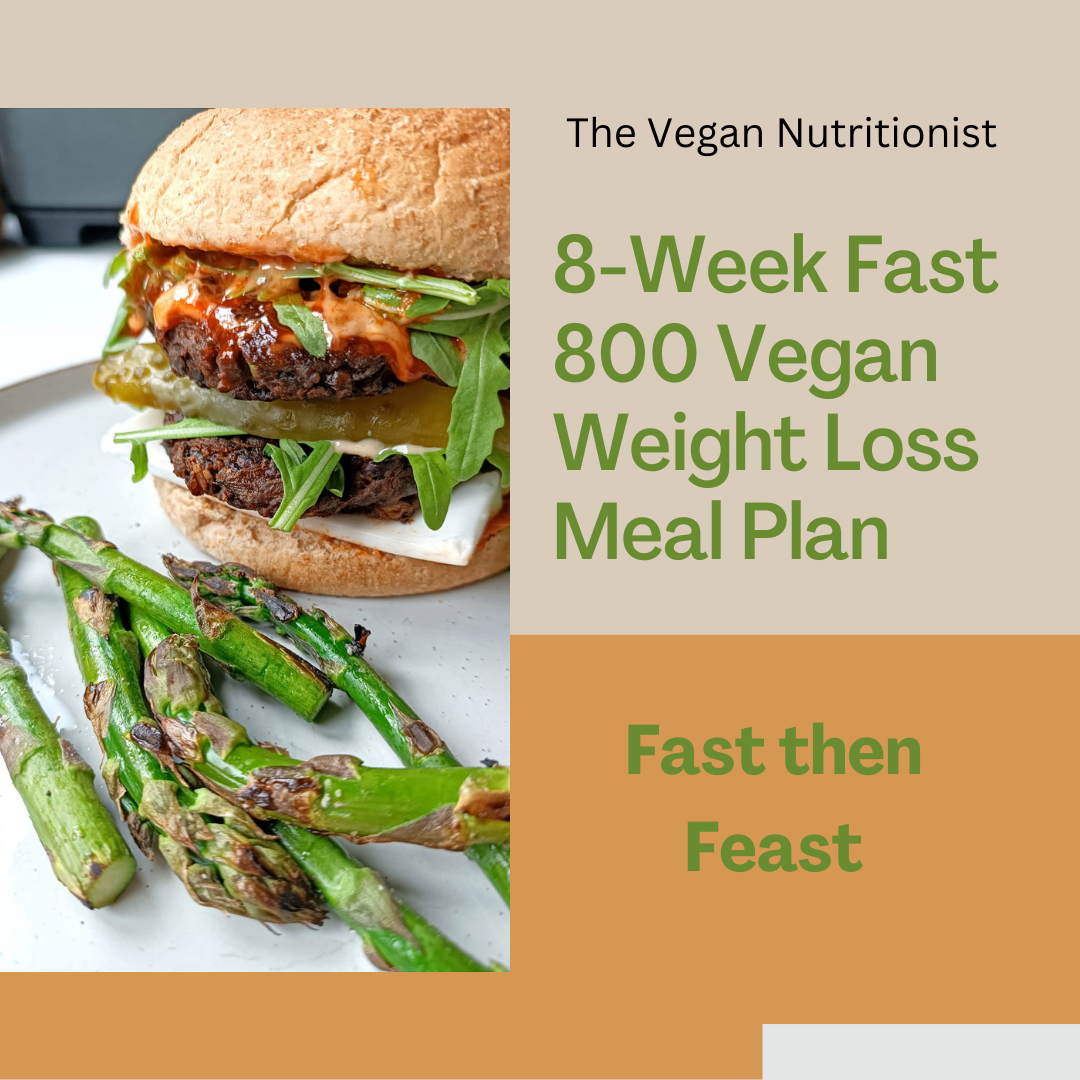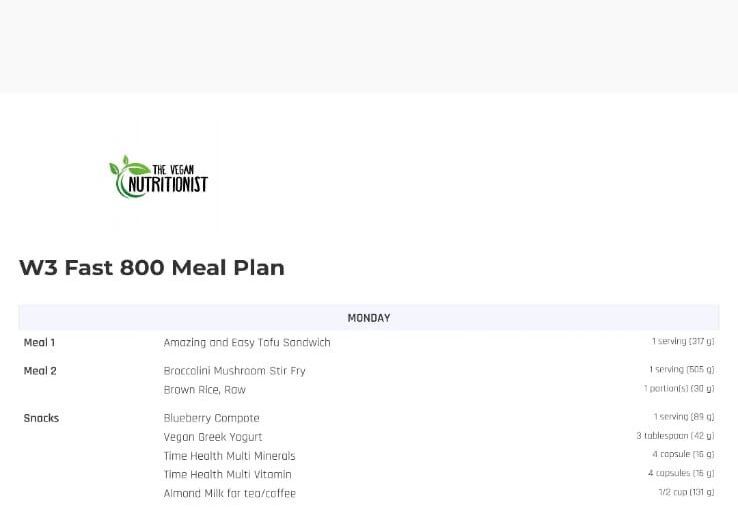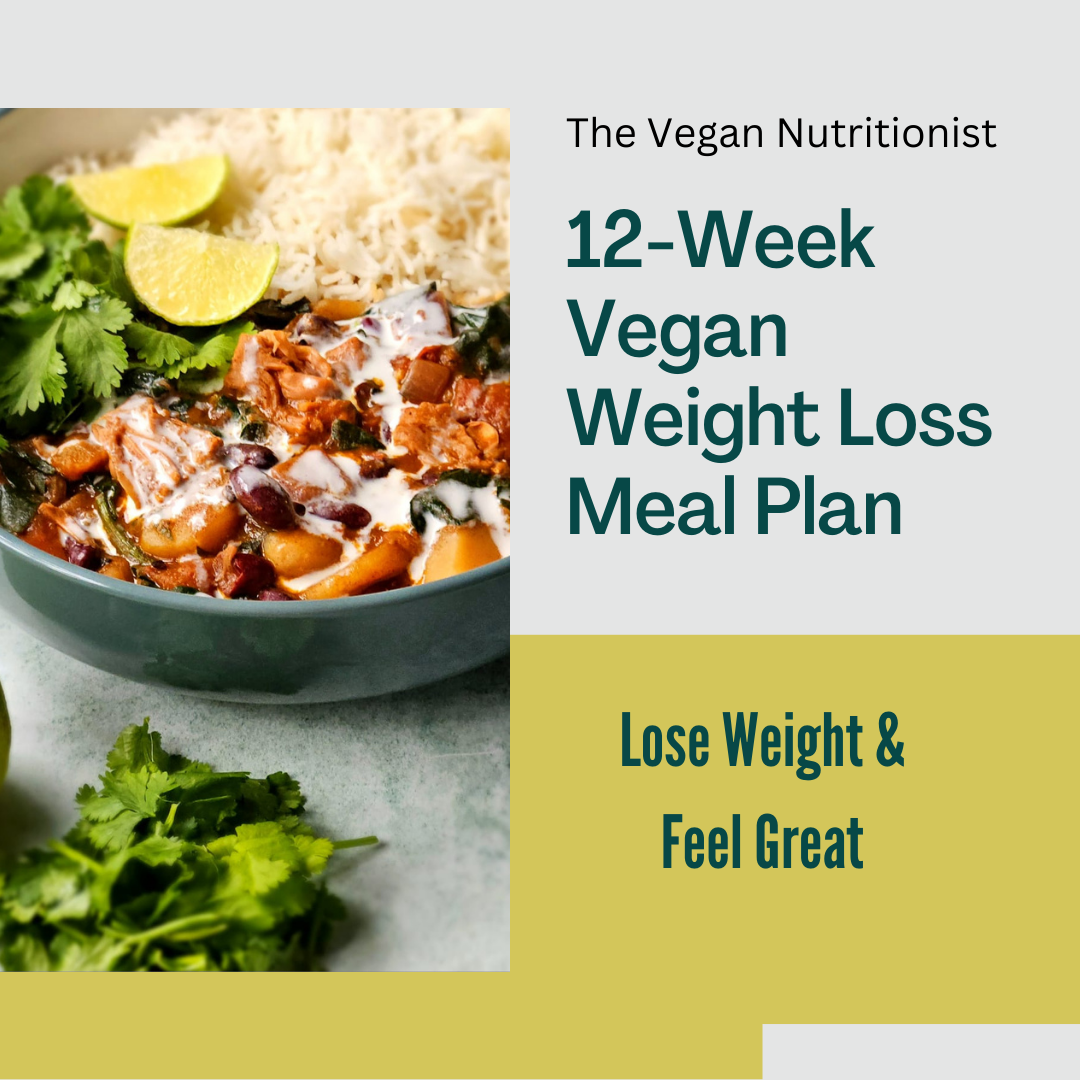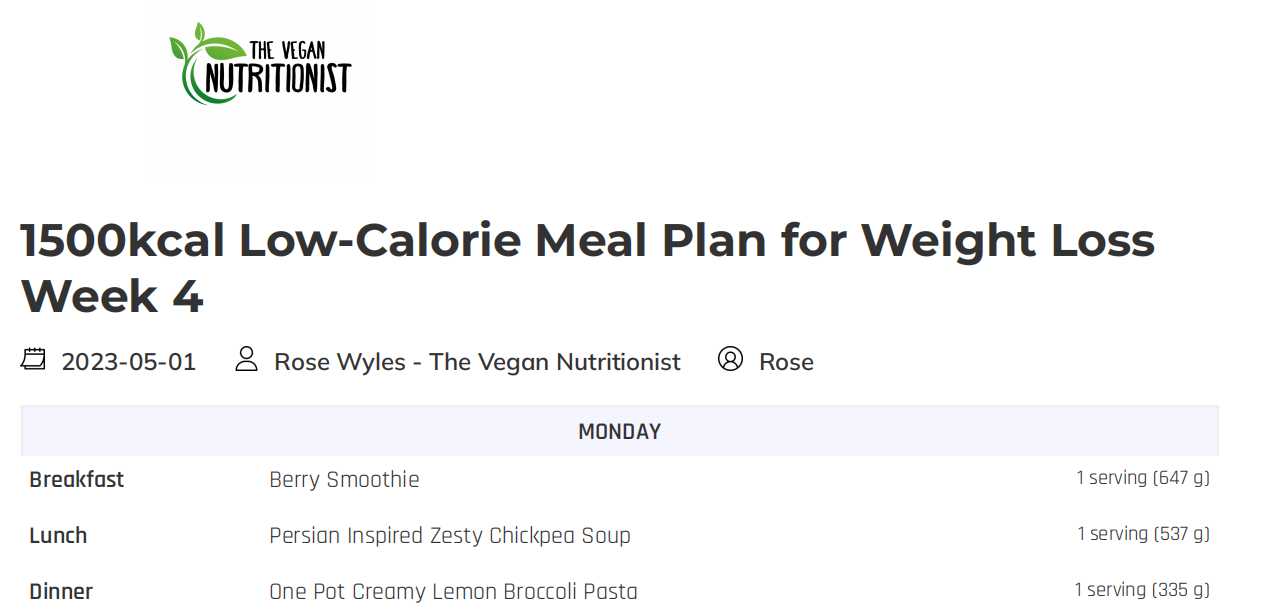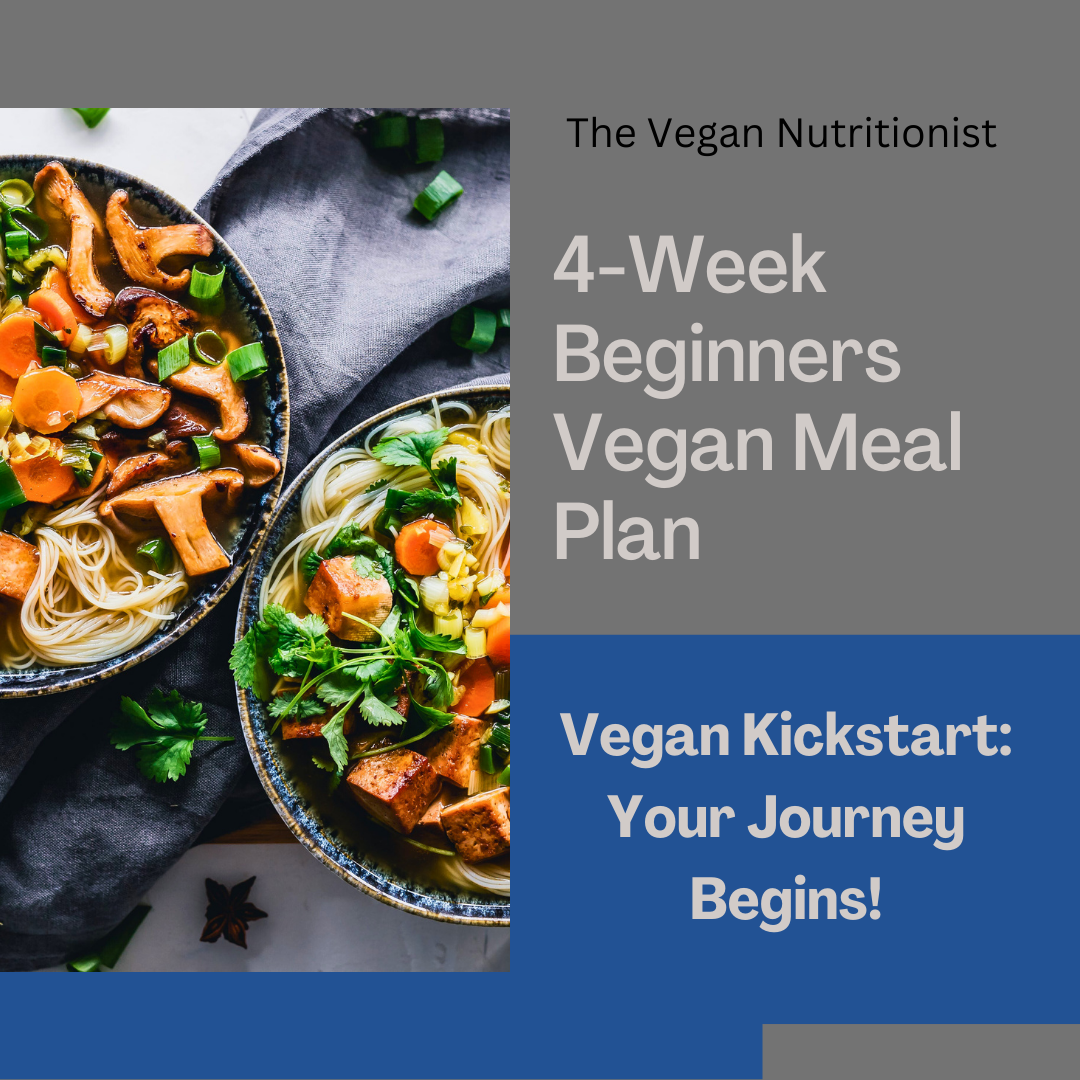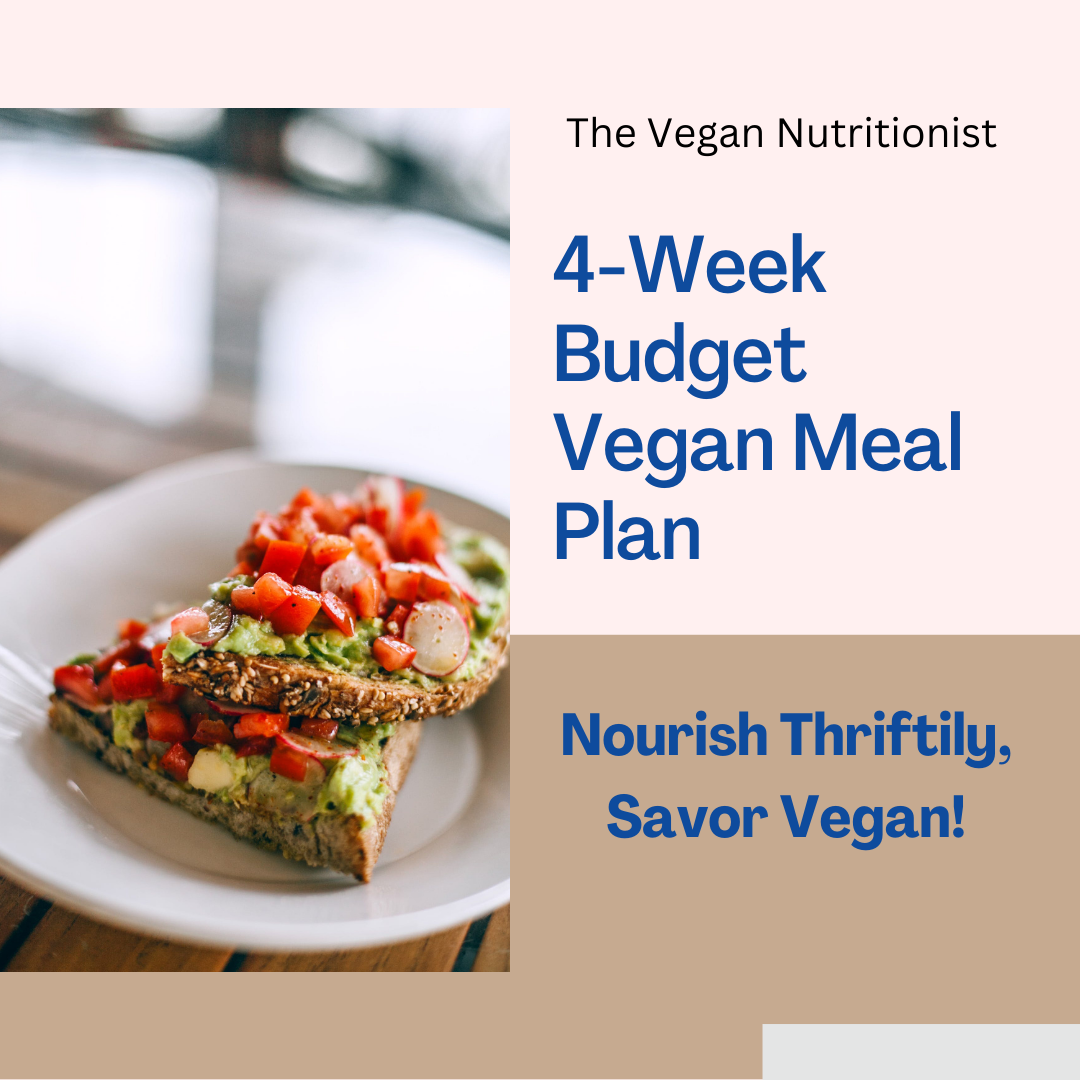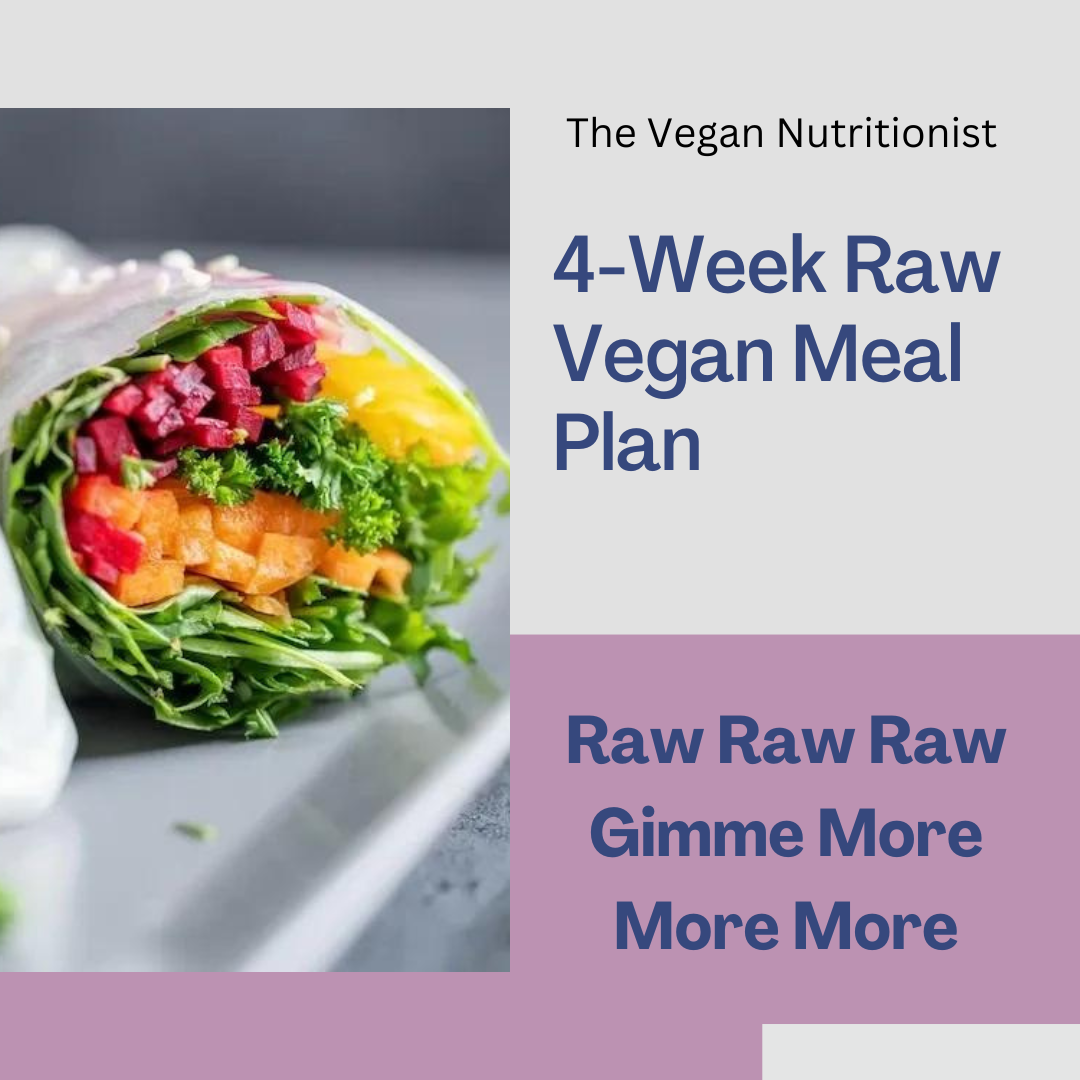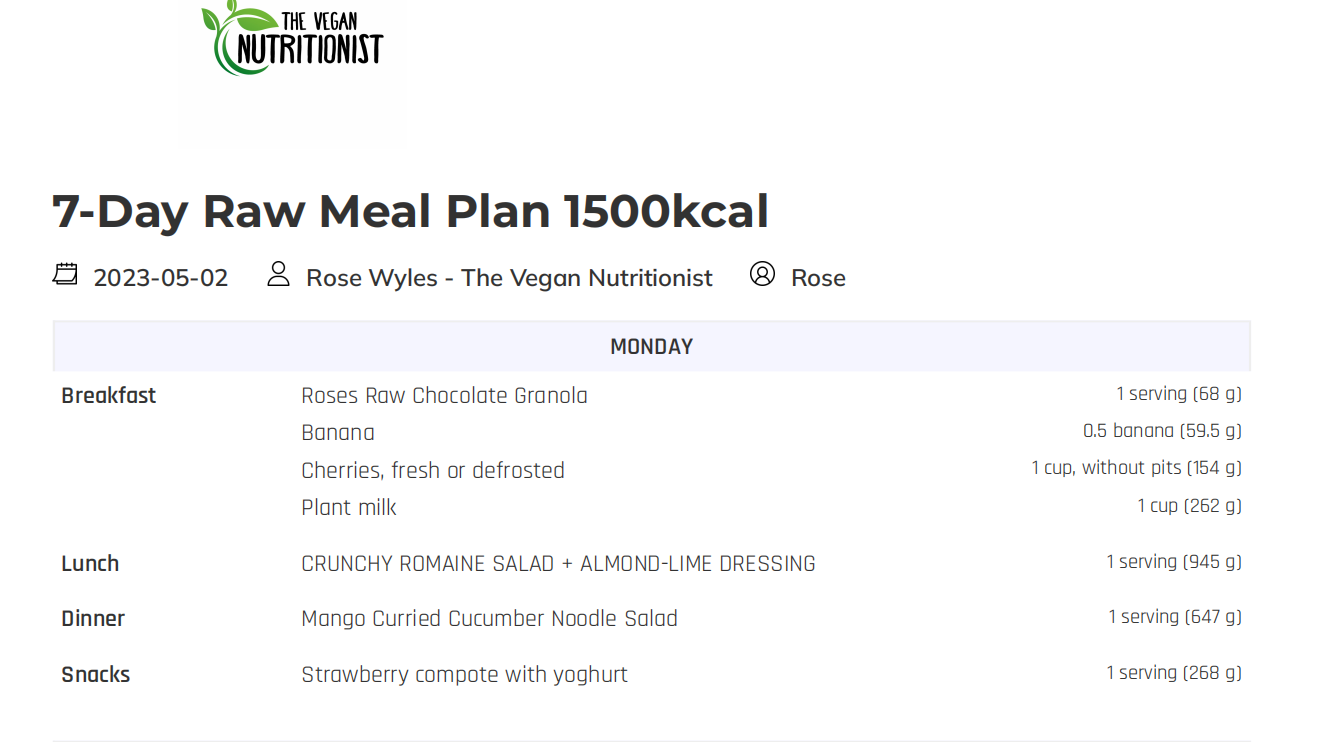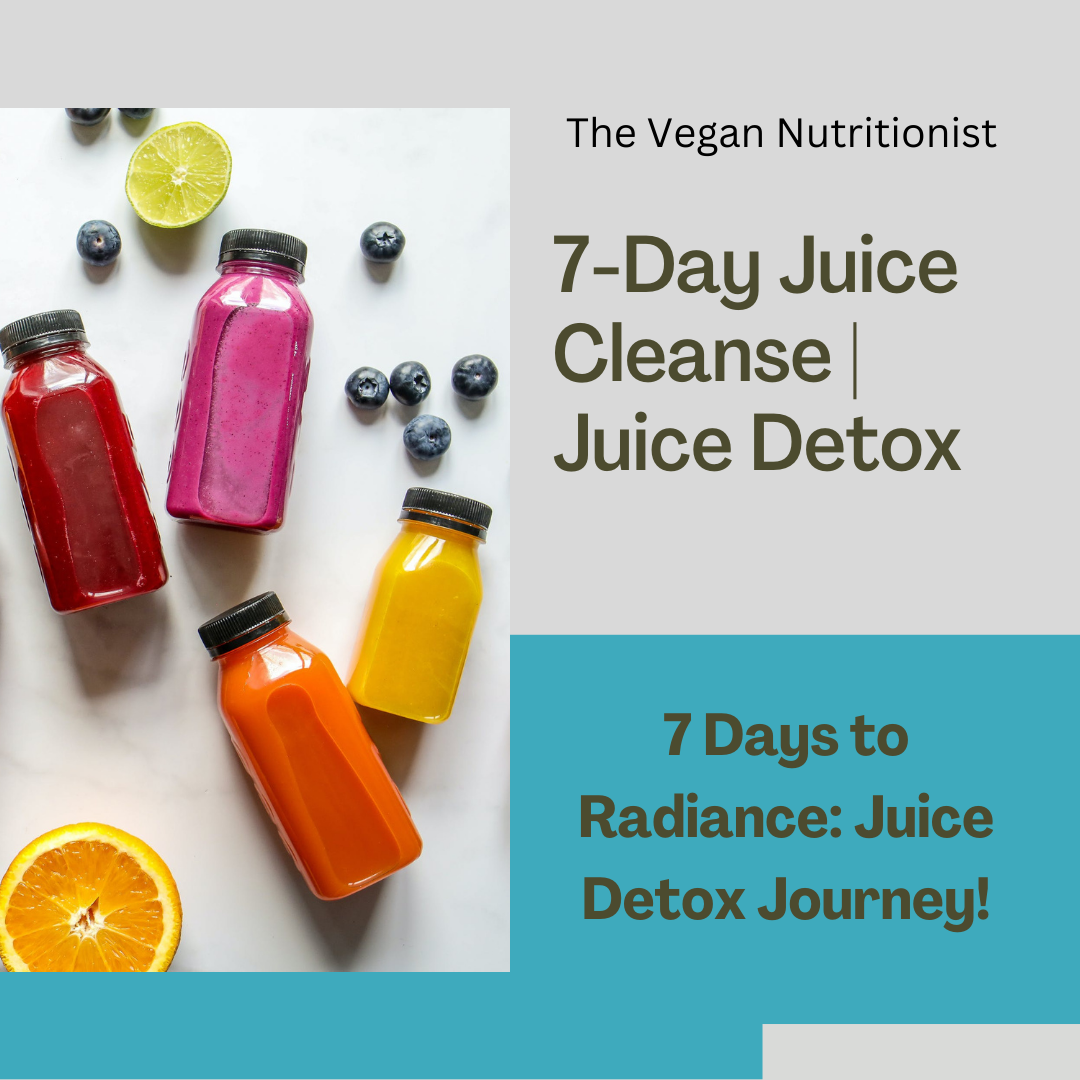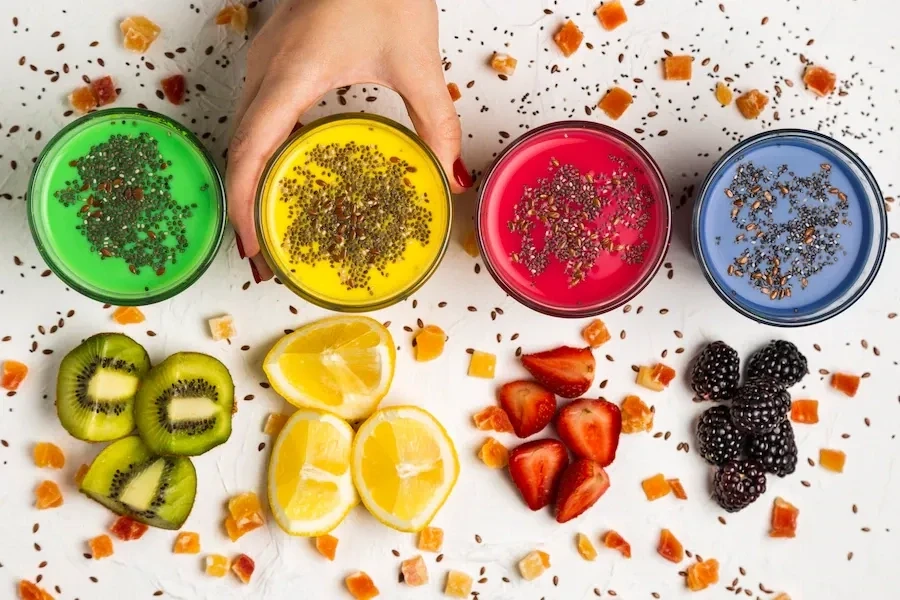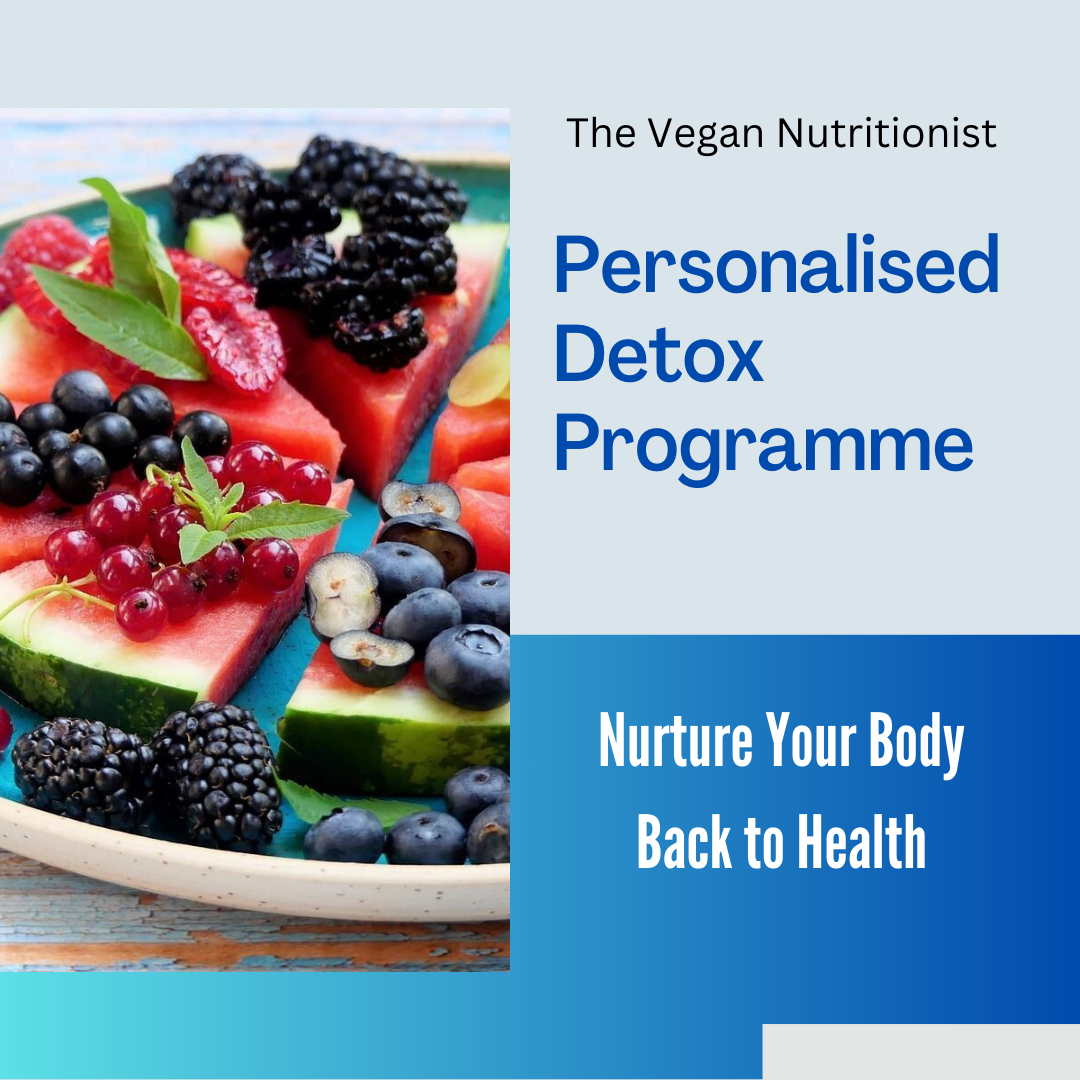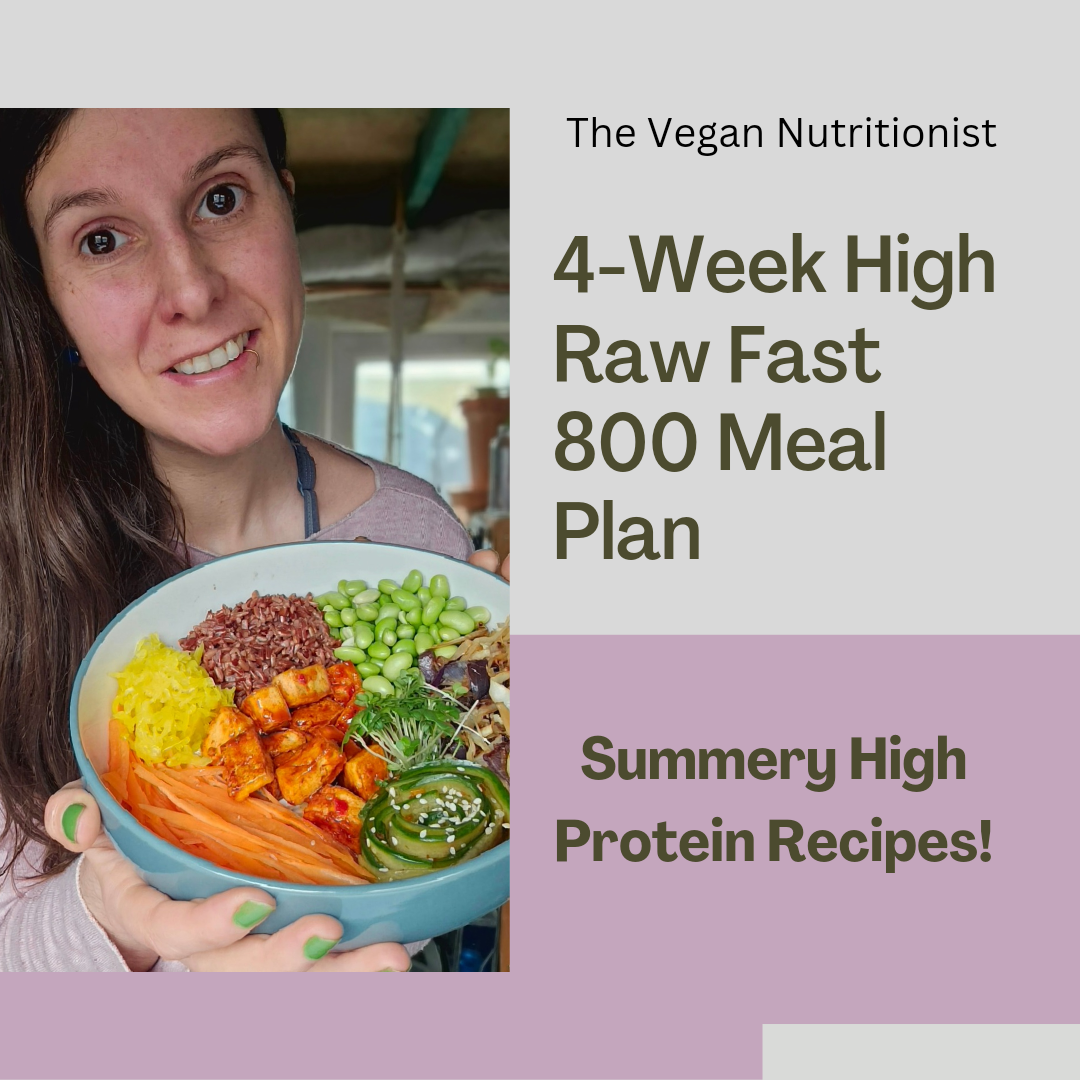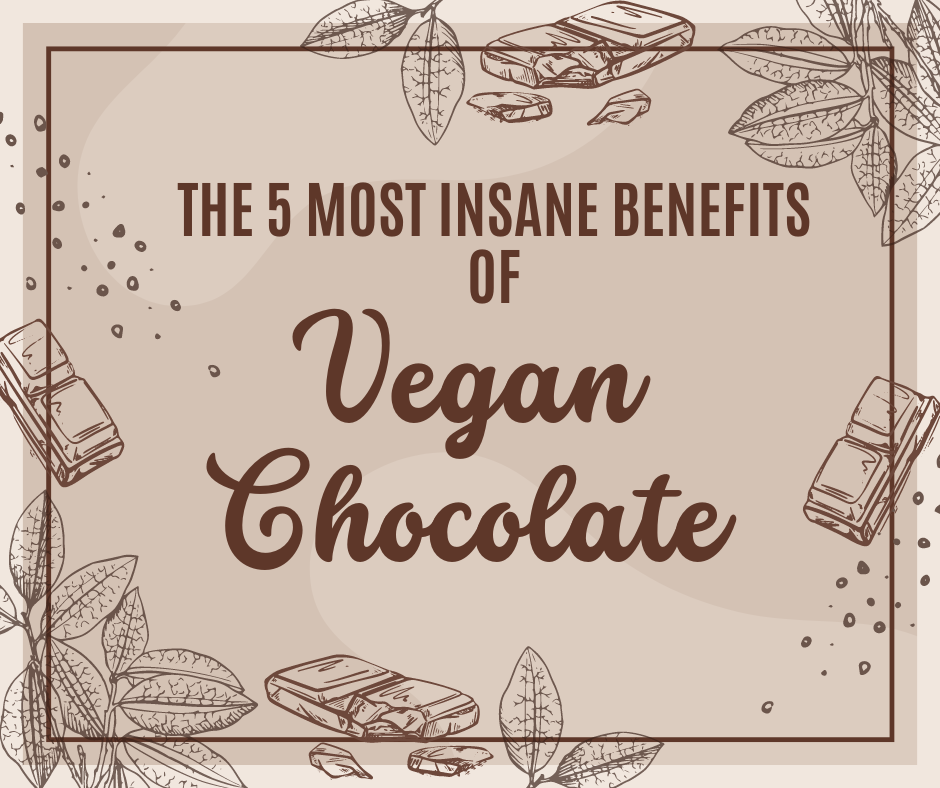Interview with Rose Wyles
Hi I’m Rose Wyles, I’m a qualified Vegan Nutritionist that specializes in plant-based, raw food and child nutrition. I offer nutritional online consulting sessions and meal plans to help guide and support my clients with their diet and lifestyle, through the power and simplicity of wholefood plant-based nutrition.

Here is the list of Vegan Nutritionist interview questions & answers.
Question 1 : Can you explain the different types of vegetarians?
Answer: There are many types of vegetarian diets, these I have listed below:
#Vegan: A vegan consumes no animal products or animal by-products this includes meat, fish, dairy, eggs and honey. A vegan also does not buy leather, fur, wool, or down (feathers).
Vegans also do not participate or financially support any form of animal exploitation for entertainment, such as circuses, zoos, bull fighting, horse racing, dog racing or aquariums.
The foods vegans do eat include: fruits, vegetables, whole and processed grains, nuts, seeds, legumes, meat replacements, dairy replacements, packaged vegan foods, herbs, spices.
#Whole Food Vegan: A whole foods vegan follows the same principles as a vegan however, does not consume processed foods or oil. Instead opts for foods still in its whole natural and minimally processed state.
These include fruits, vegetables, whole grains, legumes, nuts, seeds, spices, and herbs.
#Vegetarian: A vegetarian consumes a meat-free diet that includes dairy and eggs, with products that contain both dairy and egg.
#Lacto-Vegetarian:
A lacto-vegetarian will consume a meat and egg-free diet which includes consuming dairy.
#Ovo-Vegetarian:
An ovo-vegetarian will consume a meat and dairy-free diet which includes consuming eggs.
#Raw-Vegetarian/Vegan:
A raw diet contains whole foods that are consumed in their raw natural state.
A raw diet can be either be vegan or vegetarian depending on the ethics of the person. If vegetarian, raw animal foods such as honey or raw milk may be consumed and if vegan, no animal products will be consumed.
A raw diet consists of uncooked or dehydrated fruits, vegetables, soaked or sprouted grains/legumes, nuts, seeds, herbs and spices.
Question 2 : Are there any supplements or vitamins that are required when it comes to a plant-based diet?
Answer: Supplementation of B12 and Vitamin D is recommended for vegans and those following a plant-based diet. The only sources that are reliable are in fortified or pill/sublingual forms.
I recommend additional foods to be supplemented into the diet to ensure all nutritional requirements are being met. These include, fortified foods such as dairy-free alternatives for calcium, seeds for omega-3’s (chia, hemp, flax) and seaweed or algae for iodine (kelp, nori, spirulina, chlorella).
Question 3: Are pre-packaged vegetarian foods good for everyone?
Answer: Pre-packaged foods such as meat replacements can be suitable for convenience purposes. They are especially good for those in transition to a meat-free diet and for any non-vegetarians that are looking to reduce their meat intake.
Many pre-packaged foods I do not consider as health promoting. Due to processing, they do not contain the vital nutrients needed to nutritionally complete our diet. I recommend to limit as much as is reasonably possible, or consume only for a short amount of time.
The healthiest pre-packaged vegetarian foods that can be suitable for all, are those that contain freshly prepared fruits, vegetables, whole grains or legumes such as salads, curries, soups etc.
For those following a whole foods or raw diet, many non-fresh pre-packaged foods are not consumed.
Question 4: Is the vegan diet healthy or is omitting animal foods a problem?
Answer: Removing animal foods is not an issue, as a vegan diet can easily be made healthy by consuming whole plant foods. These include the necessary nutrients vital for good health and preventing disease.
This isn’t to say that a vegan diet can’t be unhealthy. As with any diet, a vegan diet needs to be nutritionally complete. For example, living off a diet based on vegan sausage rolls, dairy-free ice-cream, oven chips and microwave noodles is still vegan but this isn’t going to be healthy or nutritionally complete.
So, by including all the necessary plant food groups such as fruits, vegetables, whole-grains, legumes, nuts and seeds, whilst reducing processed food intake, as these foods contain minimal micro-nutrients, we can complete our nutritional requirements and thus be healthy on a vegan diet.
Question 5: What was your motivation to become vegan? Was it for health reasons, animal rights, or climate change?
Answer: My main motivation to switch from a plant-based to a vegan diet started when became aware of how animal agriculture effect our planet and how extremely cruel it can be towards the sentient beings born into this world as a food source. I already knew about eating a whole food diet as my family has always grown organic vegetables.
My parents didn’t buy processed food except at Christmas and birthdays. It was only when I moved out that I strayed from the diet I grew up on and my health suffered. So it made sense for me to go back to my roots with a whole food diet.
To also remove the animal products as I discovered, (through changing my diet) were contributing to my ill-health. Fortunately, I discovered I could still eat a whole foods diet whilst also being Vegan.
Anyone interested in reading my full story can access it from my website under the page; my vegan journey.
Question 6: Based on your experience as a nutritionist and current trends, what do you think is the future of the food system and veganism in the next 10 years?
Answer: In 10 years or sooner I would hope to see a world where animals are no longer exploited for their meat or milk. Lab grown meat is already in development for those who still would like the taste of meat without the cruelty or environmental impact.
There are also now countless meat and dairy substitutes which are dominating a fundamental shift in the food system towards a plant-based diet. In terms of health and nutrition, we need to go back to a diet that is as minimally processed as possible to ensure we can reap the many health benefits that are associated with a vegan diet.
Question 7: In which ways is vegan diet actually healthy?

Answer: A vegan diet is health promoting in many ways, particularly in conjunction a whole food diet. It increases nutrient intakes, reduces inflammation and pain from inflammatory conditions such as gout or arthritis. Provides effective and sustainable weight loss. Improves biodiversity of good gut bacteria. Which is now being shown as an effective aid to those suffering with mood disorders such as anxiety and depression.
It also is great for reducing the risk of various diseases. Such as lowering blood pressure and normalizing blood sugar levels. It is even possible to reverse the worlds leading killer: heart disease which no other diet has been scientifically proven to do so.
With planning, a vegan diet can also work alongside exercise to gain additional muscle.
Question 8: Please share some information about your brand, books or about your website.
Answer: I started my brand (The Vegan Nutritionist) back in September 2017 after I gained my certification. Since then I run several active channels on social media including Twitter, Instagram and Linked In. Plus, I also run a Facebook business page and a Facebook public group. I have recently written my first e-book. Which will be released soon on amazon and also advertised on my social channels. I also have a website with a blog where I share relevant nutritional information and recipes which I have created.
Question 9: Say few words for our readers.
Answer: If you’re interested in starting a vegan diet, here are my top 8 healthy tips:
Eat at least 5 portions of a variety of fruit and vegetables every day.
Base your meals on filling foods like potatoes, rice, legumes or other starchy carbohydrates (choose wholegrain where possible)
Include dairy alternatives, such as dairy-free milk and yoghurts (choose lower fat and lower sugar options)
Discover new ways to add plant proteins into your diet.
Don’t assume vegan processed foods are health foods.
Focus on adding plant-based omega-3’s into your daily diet.
Don’t forget about vitamin B12 & vitamin D.
Pump up your iron with plenty of iron-rich foods.
Final Thoughts:
My final thoughts are from the Academy of Nutrition and Dietetics who state: An appropriately planned vegetarian, including vegan, diets are healthful, nutritionally adequate, and may provide health benefits for the prevention and treatment of certain diseases. These diets are appropriate for all stages of the life cycle, including pregnancy, lactation, infancy, childhood, adolescence, older adulthood, and athletes.
Blog by Rose Wyles - The Vegan Nutritionist
For more healthy and nutritious recipes, go to www.thevegannutritionist.co.uk/blog
Share this Post!
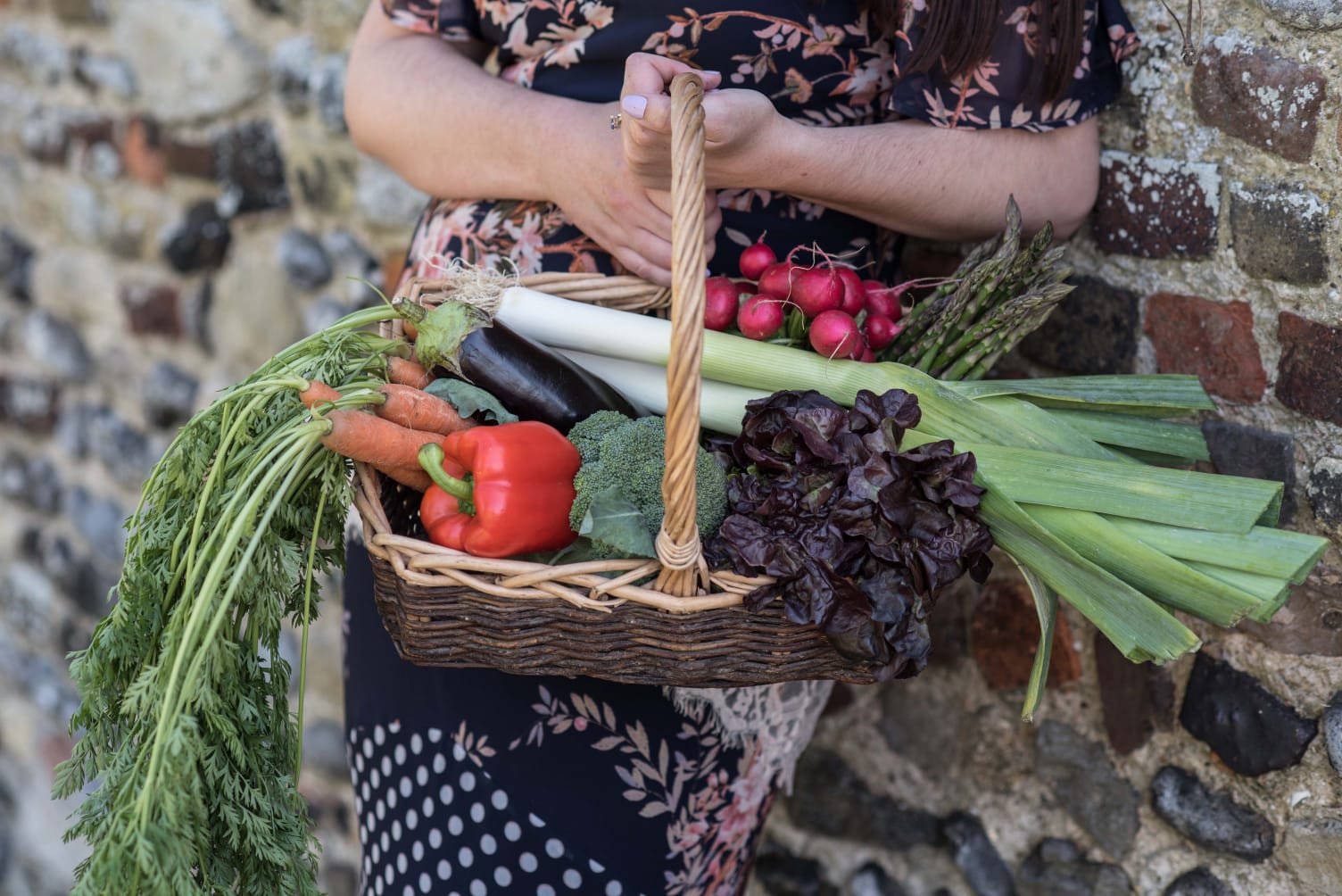
Reach out by sending me an email
Need assistance with your diet or health goals? I'm here to help. Send me a message and I'll be in touch.




